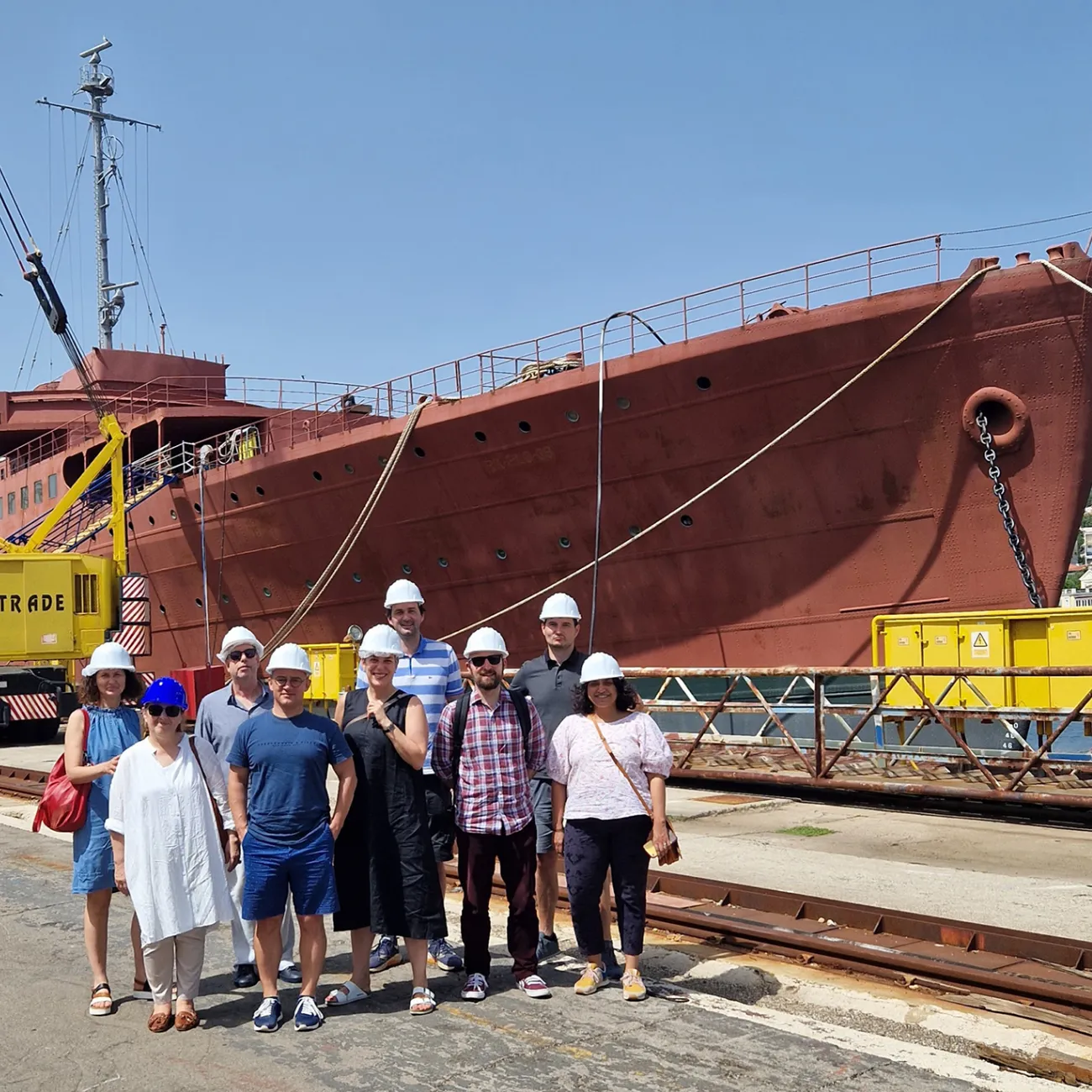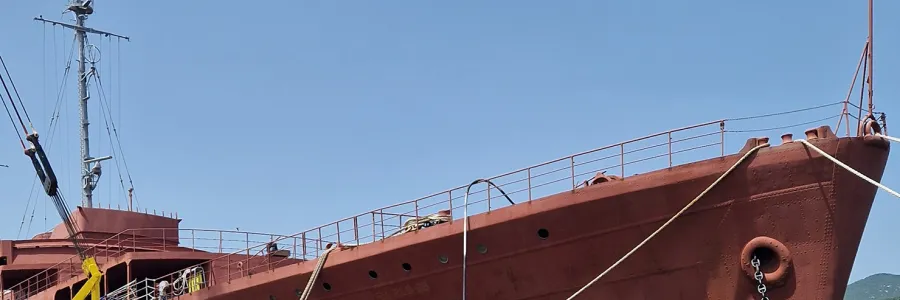The Centre for Imperial and Postcolonial Studies is the intellectual and institutional hub for a project-in-progress related to the racialised implications of the Non-Aligned Movement (NAM), an international political movement co-founded in the 1960s by socialist Yugoslavia and a group of newly sovereign states from the Global South. The project asks: to what extent did the movement and its discursive field entail an emergent decolonial understanding of race? Yugoslav foreign policy between 1960 and 1980 brought into being new understandings of global conviviality, cultural and artistic practice, and the practice of everyday life. Tito’s public interactions with political leaders from the Global South and NAM’s emphasis on revolutionary solidarity had the potential to destabilise the racialised implications of the world political order of its day. How successful was it?
The project development is being led by Dr Ranka Primorac from the department of English. Other Southampton colleagues associated with it are Dr Pritipuspa Mishra, Prof Stephen Morton, and Dr Chris Prior. Together with colleagues based in Zagreb, Croatia, the group participated in an exploratory symposium related to NAM and global raciality across disciplines, held on 27-28 June 2022 at the City Museum of Rijeka Početna — MUZEJ GRADA RIJEKE (muzej-rijeka.hr) and generously funded by the Southampton Institute for Arts and Humanities. We are currently developing its findings into a larger grant bid, and we welcome expressions of interest to participate. For more information, please contact Ranka Primorac or the CIPCS Director Chris Prior.

